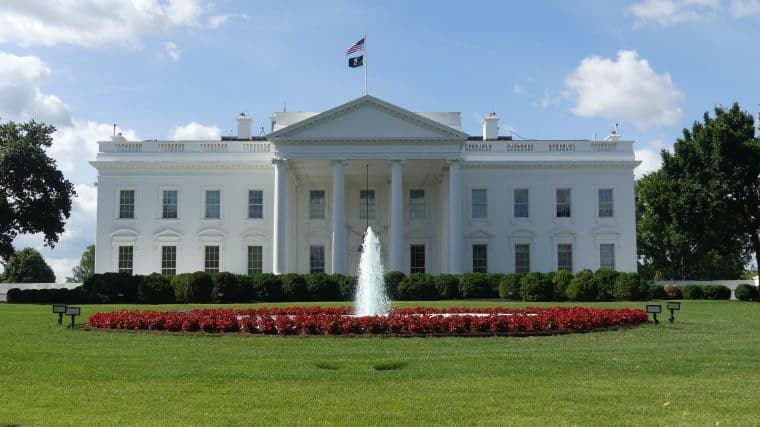
The Biden Whitehouse is taking a closer look at companies that misuse artificial intelligence (AI) to monitor and manage workers, as increasing prevalence of these practices can cause significant harm.
In response, the White House has published a blog post calling for input from various stakeholders, including workers, researchers, and advocacy groups, to better understand the impact of workplace surveillance tech on economic, safety, physical, mental, and emotional aspects of work.
With the rapid growth of AI-powered surveillance in the workplace, particularly within the gig economy, concerns have arisen regarding the intrusiveness, discriminatory practices, and potential illegality of these tools.
Companies argue that such monitoring systems are essential for maintaining productivity and appropriate behavior when supervisors are not physically present.
However, experts warn that this level of surveillance can lead to increased stress, burnout, and mental health issues among workers.
AI Surveillance and Productivity Quotas Effect Mental Health
Recent legislative action in New York, California, and Minnesota has sought to regulate the use of surveillance technology and warehouse productivity quotas.
However, the overall lack of regulation surrounding workplace surveillance has prompted the White House to seek input on how the federal government should address the issue.
This call for information is an essential step in promoting fair and equitable workplaces and ensuring the dignity, safety, and well-being of workers – with the findings expected to form the backbone of the Whitehouse’s AI Bill of Rights.
The growing reliance on AI-driven surveillance in the workplace has raised questions about the balance between productivity and worker privacy.
While some companies claim that these tools lead to increased employee engagement and higher career satisfaction, there is growing pushback against the use of such invasive technology.
Critics argue that the constant monitoring of workers’ activities can have detrimental effects on mental health and blur the boundaries between work and personal life.
European Commission Identify Workplace AI as ‘High-Risk Use’
The European Commission has recognized the severity of AI-powered surveillance in workplaces and is working on an initiative to improve working conditions for platform workers, which is expected to address algorithmic management.
Furthermore, the EU’s proposed AI law identifies workplace surveillance as a high-risk use of the technology, requiring AI providers to meet specific standards such as human oversight to operate legally.
Despite these legislative efforts, workplace surveillance remains largely unregulated, prompting concerns about the erosion of workers’ privacy, dignity, and autonomy.
As the White House seeks input on the matter, it is crucial for stakeholders to come together and develop comprehensive strategies and regulations to address the potential harms of AI-driven surveillance and ensure the well-being of workers in the rapidly evolving world of work.
RELATED:
Neuroscientists Can Now Read People’s Thoughts Using Brain Scans and AI
Why the Warnings of Airport Juice Jacking Are Overblown at Best
Mukesh Ambani Net Worth – The Billionaire Behemoth: How Asia’s Wealthiest Mogul Built His Fortune
What's the Best Crypto to Buy Now?
- B2C Listed the Top Rated Cryptocurrencies for 2023
- Get Early Access to Presales & Private Sales
- KYC Verified & Audited, Public Teams
- Most Voted for Tokens on CoinSniper
- Upcoming Listings on Exchanges, NFT Drops